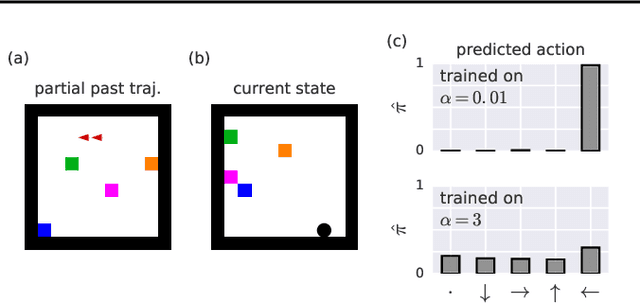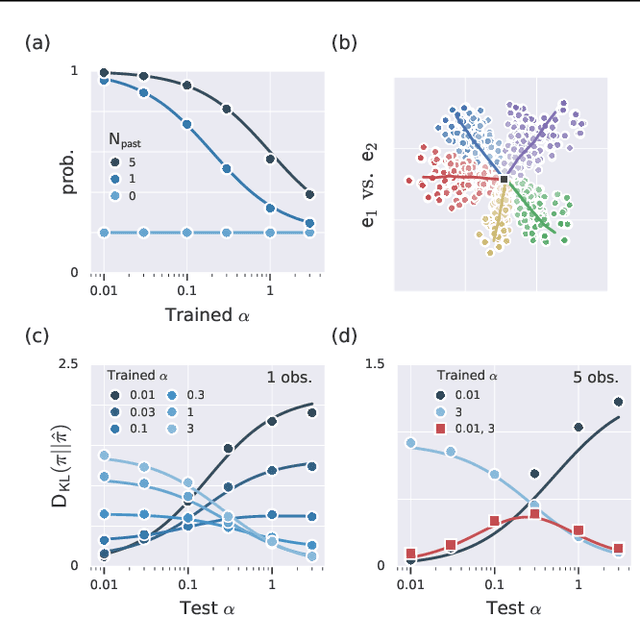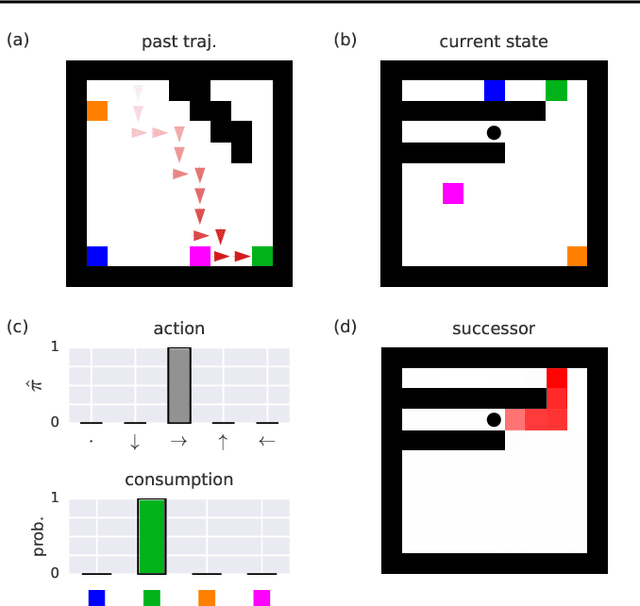Machine Theory of Mind
Paper and Code
Mar 12, 2018



Theory of mind (ToM; Premack & Woodruff, 1978) broadly refers to humans' ability to represent the mental states of others, including their desires, beliefs, and intentions. We propose to train a machine to build such models too. We design a Theory of Mind neural network -- a ToMnet -- which uses meta-learning to build models of the agents it encounters, from observations of their behaviour alone. Through this process, it acquires a strong prior model for agents' behaviour, as well as the ability to bootstrap to richer predictions about agents' characteristics and mental states using only a small number of behavioural observations. We apply the ToMnet to agents behaving in simple gridworld environments, showing that it learns to model random, algorithmic, and deep reinforcement learning agents from varied populations, and that it passes classic ToM tasks such as the "Sally-Anne" test (Wimmer & Perner, 1983; Baron-Cohen et al., 1985) of recognising that others can hold false beliefs about the world. We argue that this system -- which autonomously learns how to model other agents in its world -- is an important step forward for developing multi-agent AI systems, for building intermediating technology for machine-human interaction, and for advancing the progress on interpretable AI.
 Add to Chrome
Add to Chrome Add to Firefox
Add to Firefox Add to Edge
Add to Edge